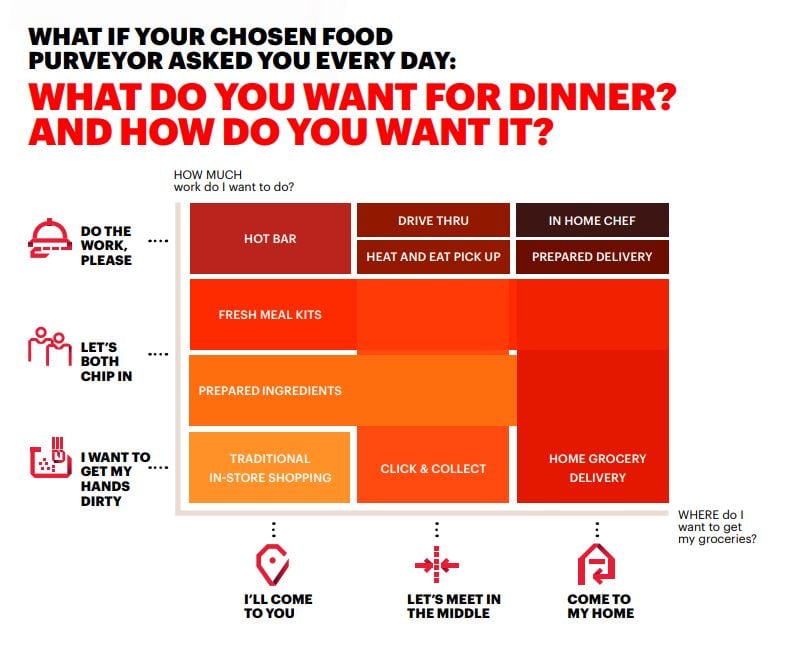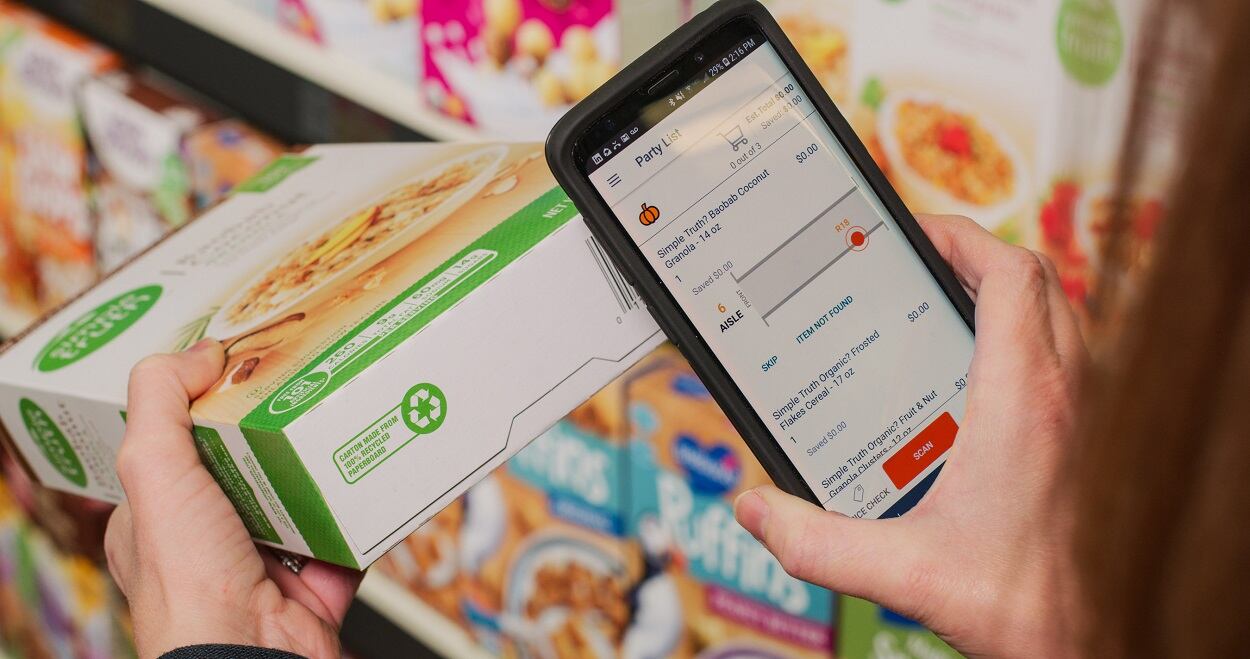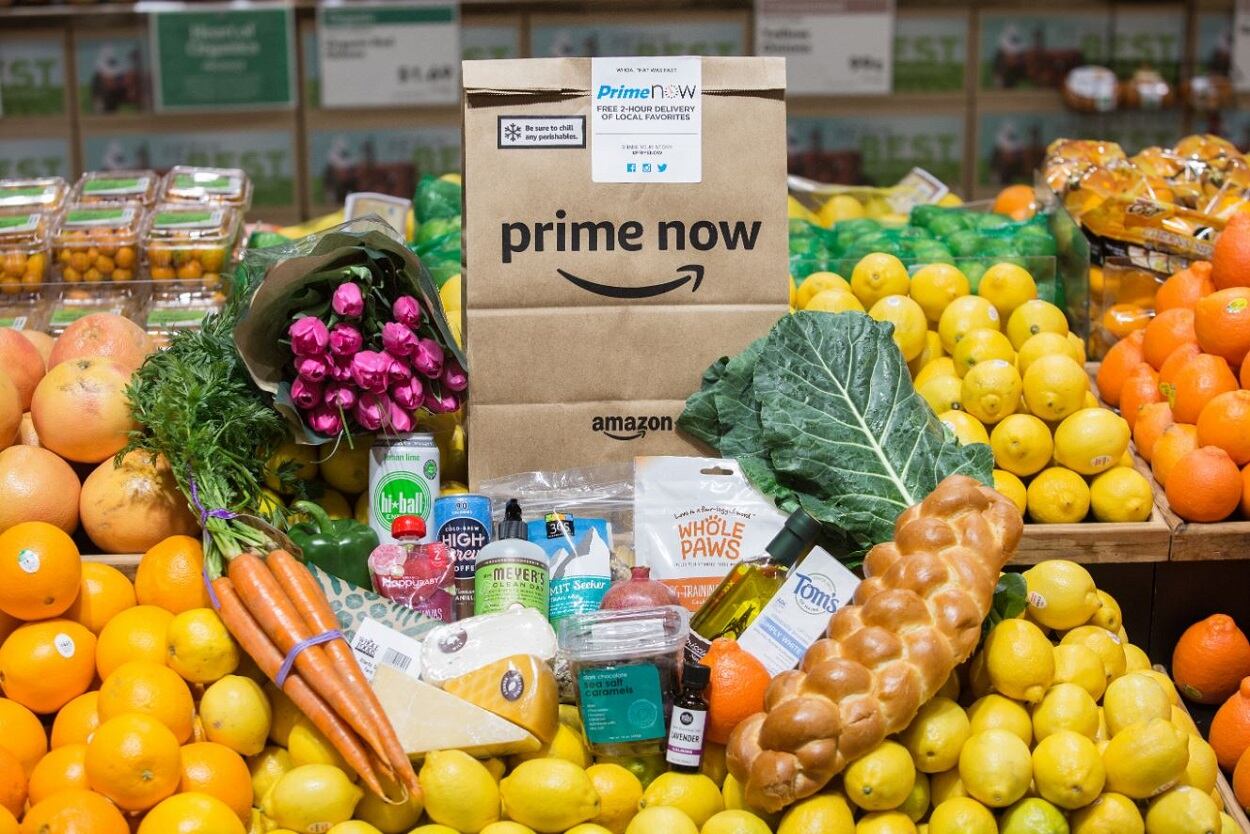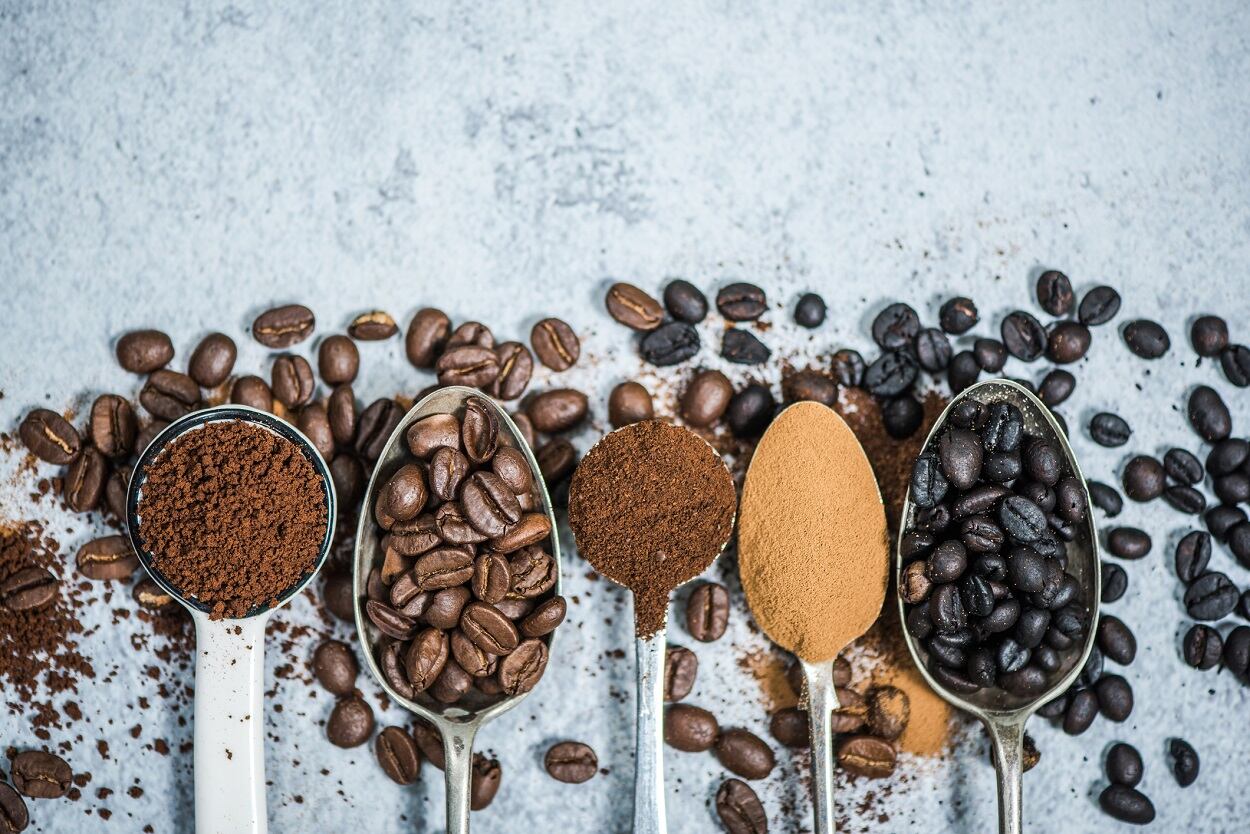The evolution is driven by macro forces such as a growing population that's living longer than ever before, increasing daily caloric intakes along with mounting food waste, and a tremendous investment in new retail channels and technology to meet consumers' new expectations of the food industry.
In its annual The Future of Food report, Accenture breaks down what trends it predicts will take hold of the food industry.
Battle of the food marketplace
New competitive business models are emerging that bring an added level of convenience to consumers, and commercial business models must be nimble enough to adapt to evolving consumer preferences, notes Accenture.
"The battle for the food marketplace is not new. What is new is the pace and number of disruptors. Consumers are more rapidly adopting the plethora of new platforms, brands, and retail models available to them, from subscription services to brand cafés," said Accenture.
"To food retailers, pressure from competitors is par for the course—new formats, private labels, and upstart brands, have challenged food retailers and producers for decades. And, unlike more easily disrupted single-category retail models like books and shoes, that succumbed in prior e-commerce epochs, multi-category food retailers have been protected somewhat from true disruption by strong local consumer food tastes, complex supply chain requirements, and strong supplier relationships."
The top 10 traditional US grocery retailers still claim 50% of the US grocery market, comprising loyal and returning customers. However, digital retailers are becoming more competitive as their businesses are purpose built for innovation, speed, and improving customer experience, Accenture stated.
"In other words they are improving on things we 'love' in our food experiences and fixing the elements we 'hate'," said Accenture.
According to Edge by Ascential's annual consumer report, Amazon's online grocery sales exceeded $3bn in 2018, growing 45% year-over-year.
Consumers are seeking out new channels and formats for food and beverage purchases. According to Accenture, four out of five shoppers visit three or more channels to fulfill their food and household needs.
"This situation stands in stark contrast to even just several years ago, when supermarkets were necessary one-stop shops."
Rise of the grocerant and 'mis en place' food services
The trend will continues and retailers will team with nontraditional partners to better meet consumers' need, predicts Accenture. For example, the preference for local foods is stronger than ever before and local produce companies are partnering with traditional grocery retailers to stock their products year round.
Accenture also predicts the further blurring of lines between grocery stores and restaurants (what some call the 'grocerant') with micro food halls and test kitchens offering nutrition and cooking classes continuing to pop up.
"Expect to see grocers and restaurants blur even more, as more micro food halls crop up. These multi-faceted marketplaces punch up the experience by combining grocery shopping with restaurants and communal dining spaces," Accenture predicted.
One of the biggest consumer needs has been meal prep and the industry has taken note with a plethora of solutions from meal kits to growing grab and go sections of the grocery store offering pre-prepared or chopped, diced, and sliced items.
According to Accenture's report, consumers will continue to have access to products at different stages of preparation from raw ingredients, to chopped and diced, to hot and ready to eat.

What does the future of food hold?
The future of food will cater to consumer needs, often anticipating those desires before the shopper does with the rise in technology such as home smart devices that create grocery lists or make dining suggestions. As such, consumers will expect that retailers provide immediate and real-time response to their everyday food needs as they adopt to these new technologies, predicts Accenture.
"As AI personal assistants become more prevalent, brands and retailers will be dealing more and more with a consumer’s digital self, versus the actual person. AI will earn the right to make decisions for individual consumers, who will trust their assistants to take the decision-making burden off of them," said Accenture.
"The consumer experience, as a result, becomes increasingly seamless and painless."
On a larger industry level, the rise of digital will likely manifest itself in emerging complex sets of interconnected platforms that allow for consumers to approach all their health and wellness needs from food to fitness to doctors appointments, according to Accenture.
"Retail’s value proposition is transitioning from location convenience and product curation to service-centric value. New business models will be essential to customer acquisition and retention that deliver competitive differentiation, customer lifetime value, and shareholder profits that traditional models will be challenged to produce."




